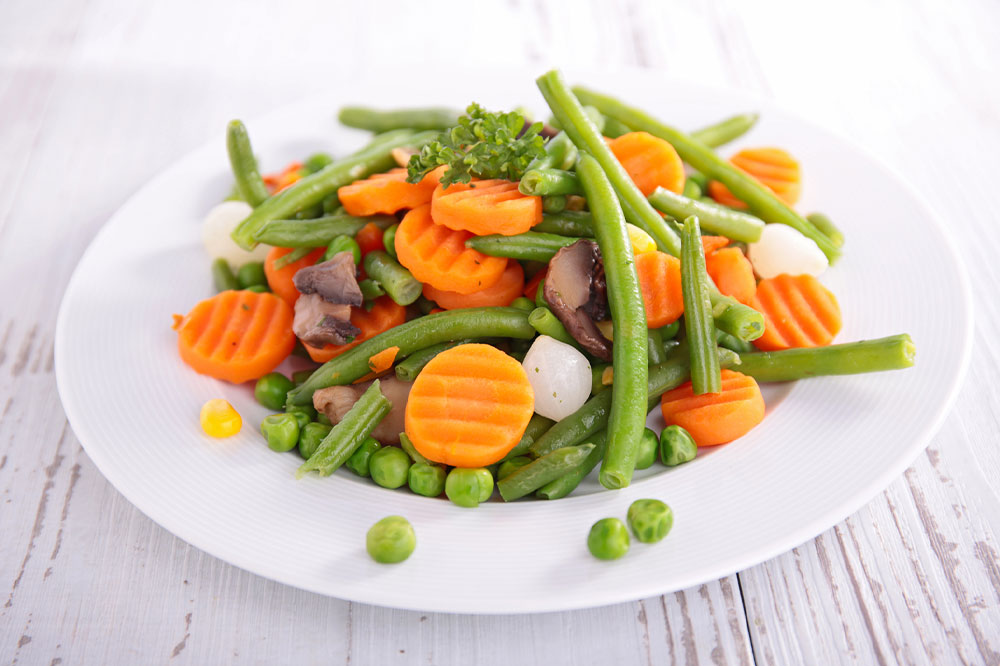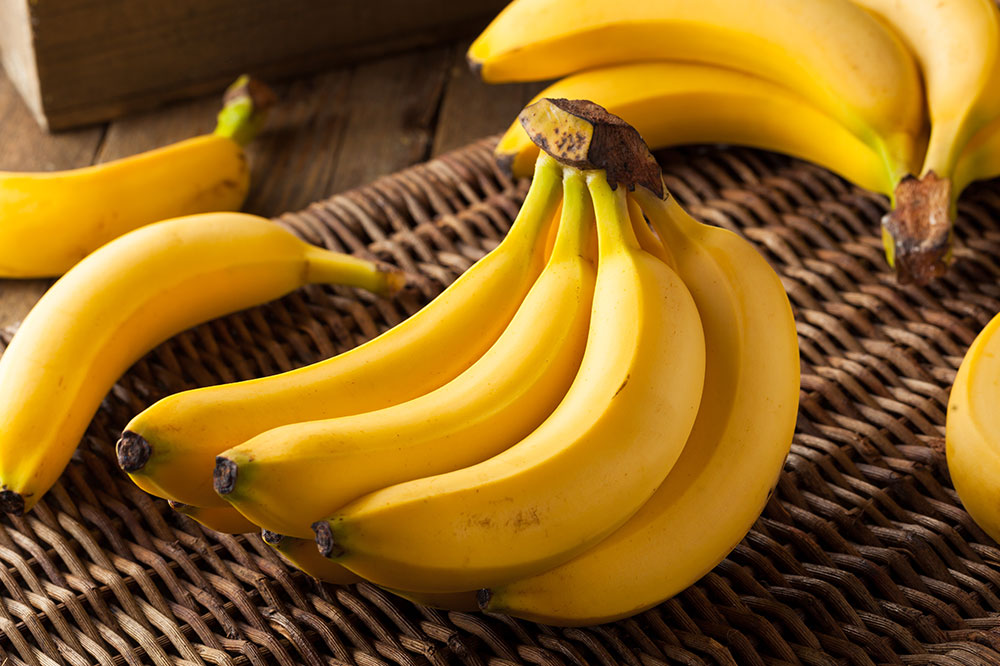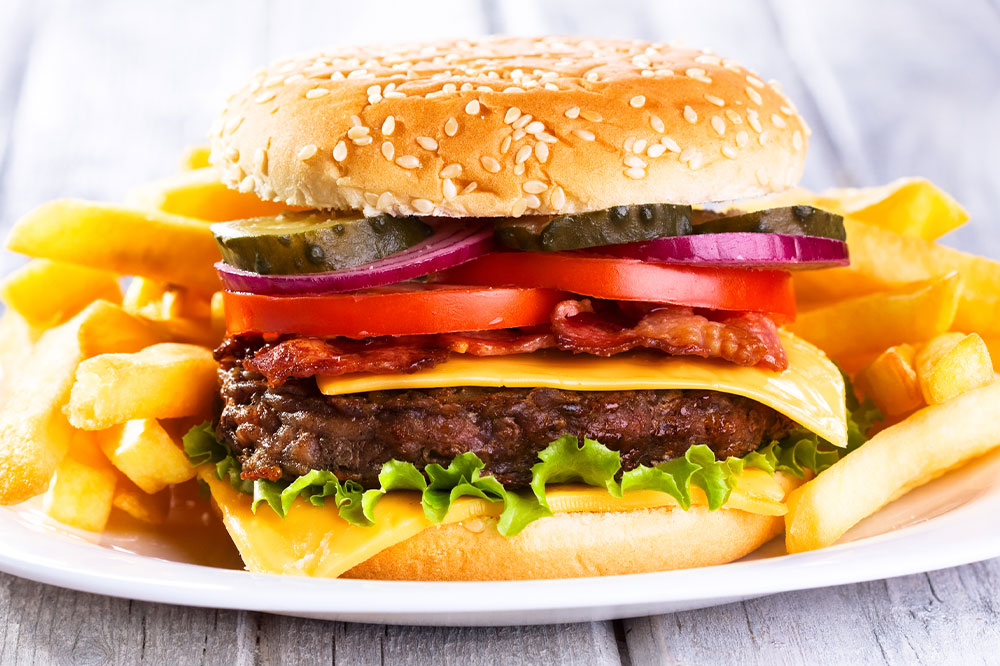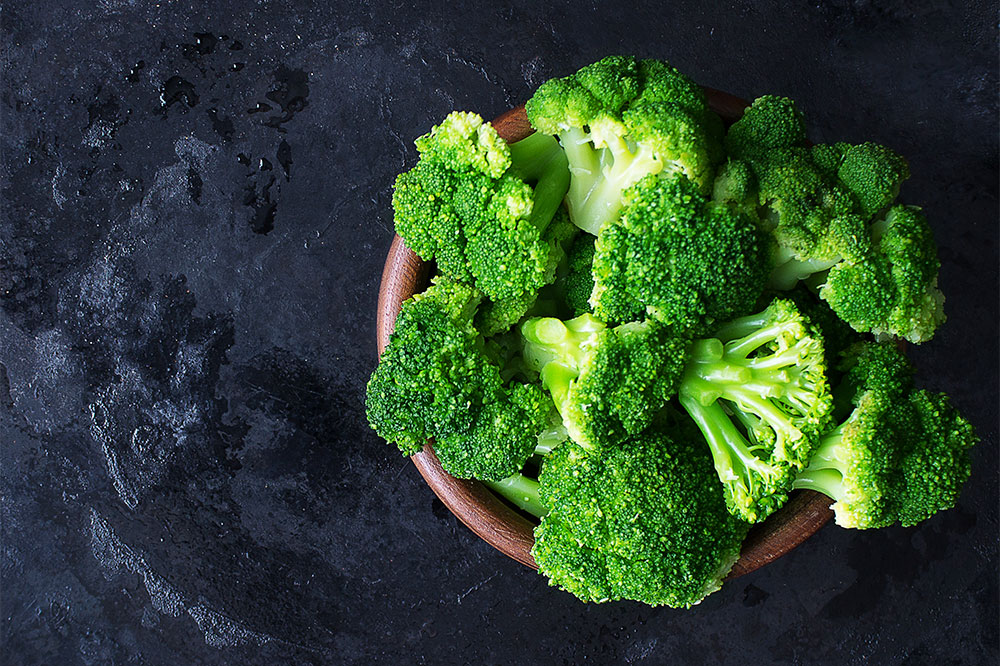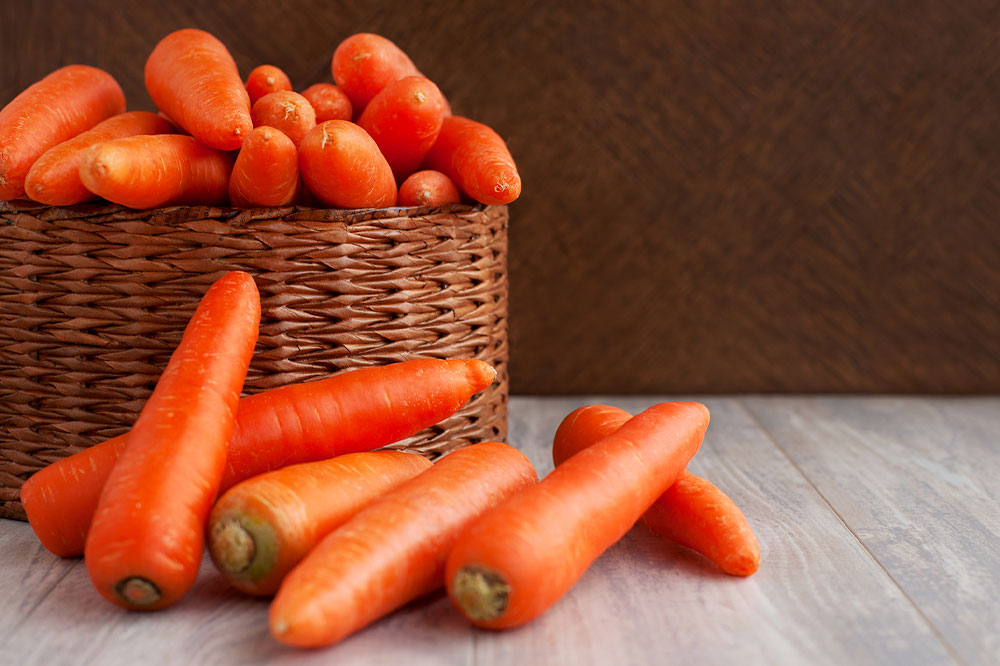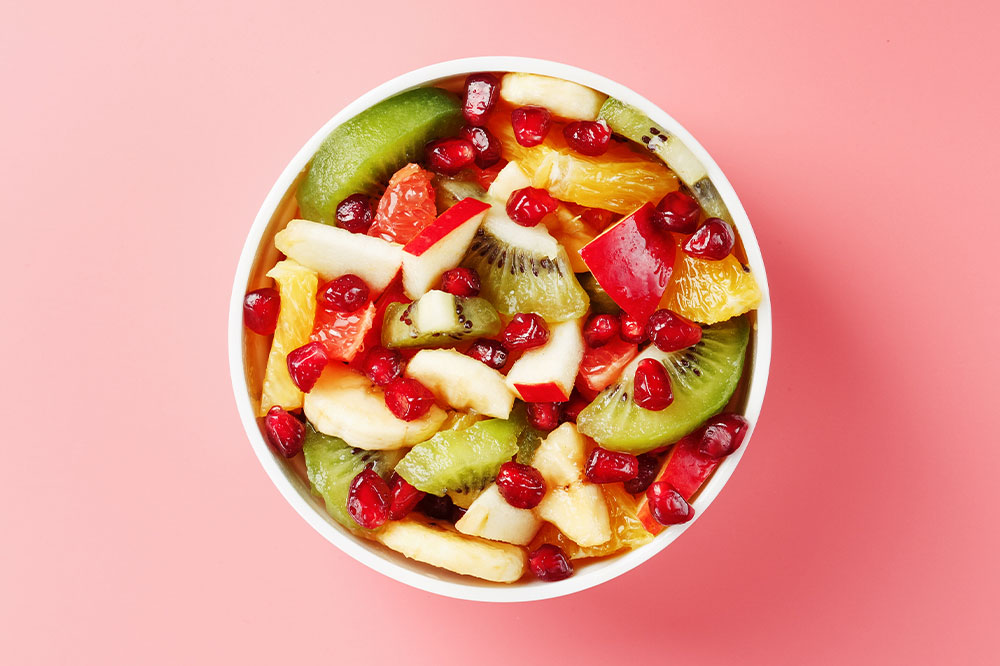Strategies for Cancer Prevention and Control: Dietary Tips and Treatments
This article offers insights into dietary strategies for cancer prevention, highlighting foods to include or avoid, and reviews advanced treatments like CAR T-cell therapy. Making informed food choices and understanding treatment options can help reduce cancer risk and support management.
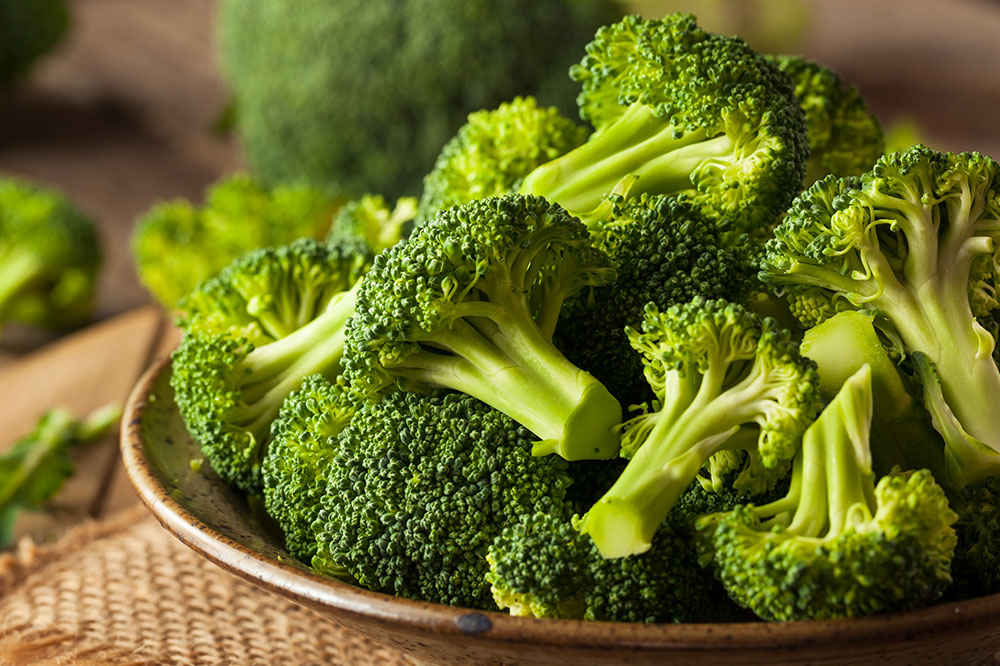
Strategies for Cancer Prevention and Control: Dietary Tips and Treatments
The foods we consume can influence the risk of developing various cancers, such as ovarian, blood, lung, prostate, and breast cancers. While diet alone can't cure cancer, healthy eating habits can significantly lower the likelihood of diagnosis. This article highlights foods to incorporate and avoid, along with an overview of (CAR) T-cell therapy as an advanced treatment option.
Foods to Limit or Avoid
Red Meat
Processed meats like hot dogs, salami, sausages, ham, and beef jerky often contain carcinogenic compounds due to curing, smoking, or salting processes. These are linked to colorectal and stomach cancers. Replacing processed meats with white fish, poultry, or turkey is recommended.
Alcohol
Alcohol, classified as a group 1 carcinogen, is associated with cancers of the mouth, throat, esophagus, breast, liver, stomach, and intestines. Drinking in moderation poses less risk, but frequent bingeing increases the chance of cancer development.
Refined Carbohydrates and Sugars
Consuming high amounts of refined carbs and sugar can lead to increased visceral fat and higher susceptibility to type 2 diabetes. Limiting white pasta, white bread, and sugary cereals can reduce cancer risks.
These foods promote inflammation and oxidative stress, raising the risk for ovarian, breast, endometrial, and colorectal cancers.
Foods to Incorporate
Olive Oil
Rich in antioxidants like oleocanthal and acids, olive oil exhibits anti-cancer effects. It can interfere with cancer cell membranes, rendering them inactive. Using olive oil in salads and cooking can support the prevention of breast and gastrointestinal cancers.
Garlic
The active compound allicin in garlic offers anti-cancer benefits. Research indicates that regular garlic consumption reduces the risk of stomach cancer. Including one to two grams (about one clove) daily in meals is beneficial.
Broccoli
This vegetable contains glucosinolates that generate protective enzymes, helping eliminate carcinogens. Regular intake may lower the risk of various cancers, including those of the breast, prostate, lung, and colon.
Additional Cancer Treatments
(CAR) T-cell Therapy
Our immune system's T cells identify and attack harmful substances, including cancer cells. CAR T-cell therapy involves genetically modifying T cells in the lab to enhance their ability to target cancer. These lab-grown cells are then infused into patients to treat certain blood cancers.
Ibrutinib (IMBRUVICA)
Ibrutinib, marketed as IMBRUVICA, is a BTK inhibitor used in treating leukemia, lymphoma, and Waldenström macroglobulinemia. It works by blocking abnormal protein signals, destroying cancer cells, and halting their spread. It's administered orally once daily.

